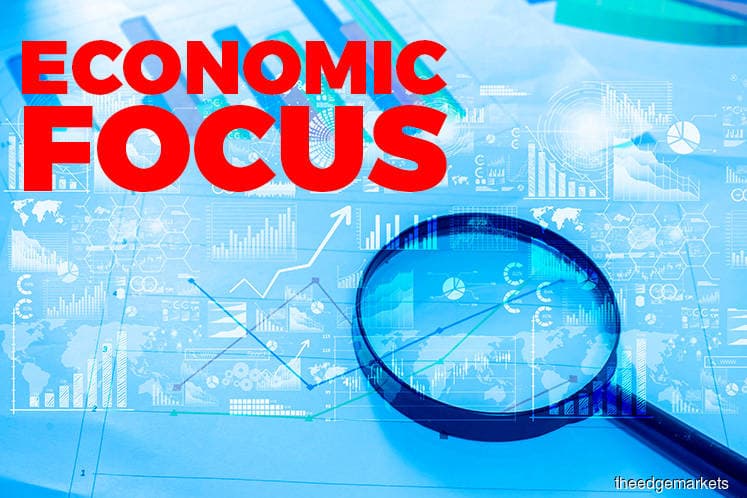
KUALA LUMPUR (Jan 5): An economist with a local bank has cautioned that an area of concern would be the Malaysian government’s indebtedness level.
Alliance Bank Malaysia Bhd chief economist Manokaran Mottain said government debt stood at 50.9% of gross domestic product (GDP) in mid-2017, although still below the self-imposed 55% debt ceiling.
In his 2018 Economic Outlook report today, Manokaran said a total of RM75.7 billion government debt will mature in 2018, higher than the previous year of RM71.3 billion.
“Looking ahead, the bulk of government debt matures between 2018 and 2022, amounting to a total of RM363.7 billion (around RM72.7 billion of debt maturity per annum), representing 51.9% of total debt.
“However, its indebtedness level is not expected to be pared down substantially in the coming years,” Manokaran said.
On the other hand, the debt service ratio as a percentage of GDP has been consistently rising since 2012 (9.5%), he added.
Manokaran said debt service ratio is expected to rise slightly to 13.2% (2017e: 13.1%) in 2018.
Meanwhile, private consumption faces risks from higher cost of living, rising unemployment rates and high household indebtedness this year, moderating to around 6.3% from 7% in 2017, compared with the government's 2018 6.8% forecast.
Household leverage remains high, as household debt remains elevated at 84.6% of gross domestic product as of last September, which leaves little upside for further expansion in private consumption growth.
“In fact, Malaysia’s household debt-to-GDP is considerably high when compared to other ASEAN countries within the region, (However), private consumption would remain the engine for growth,” Manokaran said in his report.
He forecasts real GDP to grow by 5.4% this year, with one overnight policy rate (OPR) rate hike in the first half of 2018.
Inflation rate is forecast to be 3% to 3.5%, from 4% estimated in 2017, which is above the government’s expectation of between 2.5% to 3%.
Manokaran does not rule out the possibility of a revision in policy measures that could come after the 14th general election, including hikes in electricity, goods and services tax, as well as pump prices.
“Should these measures be announced, cost-push price pressures would intensify and result in headline inflation to trend above its historical 2010-2015 compound annual growth rate of 2.4%,” he added.